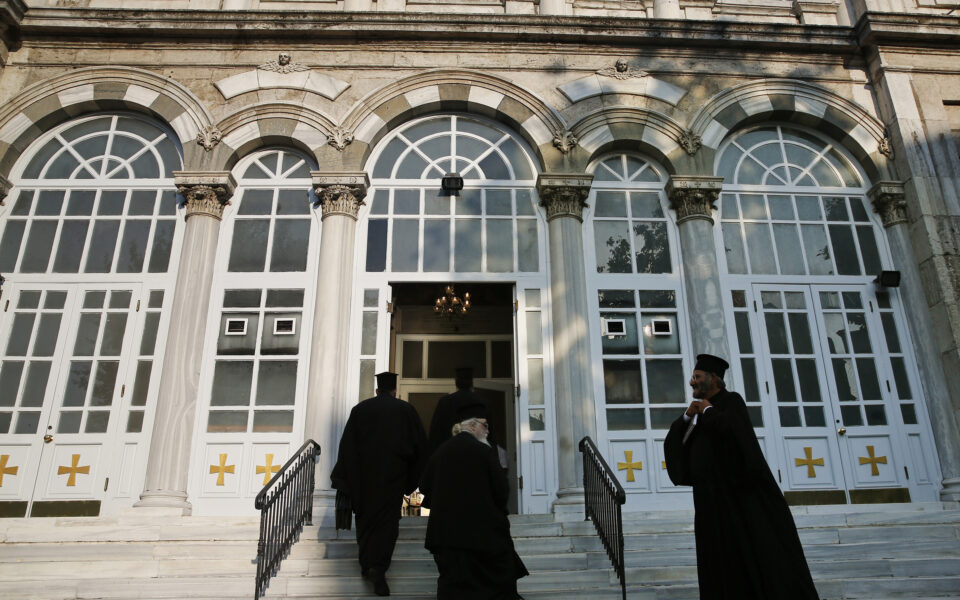EU Election results show government and opposition weakened, far-right parties surge


Results from Sunday’s ballots show that none of the big three parties have reached their stated goals, although all may try to spin a positive narrative from them.
What is beyond dispute is the very low turnout: at nearly 93% of precincts reporting, it is currently 40.6%, some 18 percentage points below that of the last European election, in May 2019 (58.69%).
The ruling centre-right New Democracy had hoped to match its 2019 result (33.12%). According to the official results from the Interior Ministry it is seen getting 27.9% support, significantly lower than last June’s national election results, but still far ahead of main opposition SYRIZA (14.9%) and the socialist PASOK (12.9%).
The spinning has already begun: New Democracy officials were saying there was less polarization this time than in 2019, SYRIZA leader Stefanos Kasselakis said the results were a clear rejection of New Democracy and PASOK spokespeople pointed that the party was increasing its vote share for a third election in a row.
There was internal sniping though: SYRIZA lawmaker Olga Gerovassili told a TV panel Sunday that the goal, as stated by the leader, was to get near to 20%.
Far-right parties significantly increased their share of the vote, even as one of them, the Spartiates (Spartans), was barred from contesting the election, because they were considered mere surrogates of the now-defunct criminal organization Golden Dawn.
Greek Solution is seen getting 9.5% of the vote, up from 4.18% in 2019, the ultra-religious Niki was on 4.4% and Voice of Reason (3.05%) is just above the threshold required to elect an MEP. The Communist Party (9.3% from 5.35% in 2019) also declared itself satisfied, even though it lost the fourth place. SYRIZA dissidents New Left were below 3% and were talking about a “crisis in the political system.”
The result is not expected to change much in domestic politics, at least in the short term. New Democracy is still leading in all Greek prefectures, but two. Barring unexpected developments, New Democracy is poised to complete its second four-year term in mid-2027.
Source: ekathimerini.com




